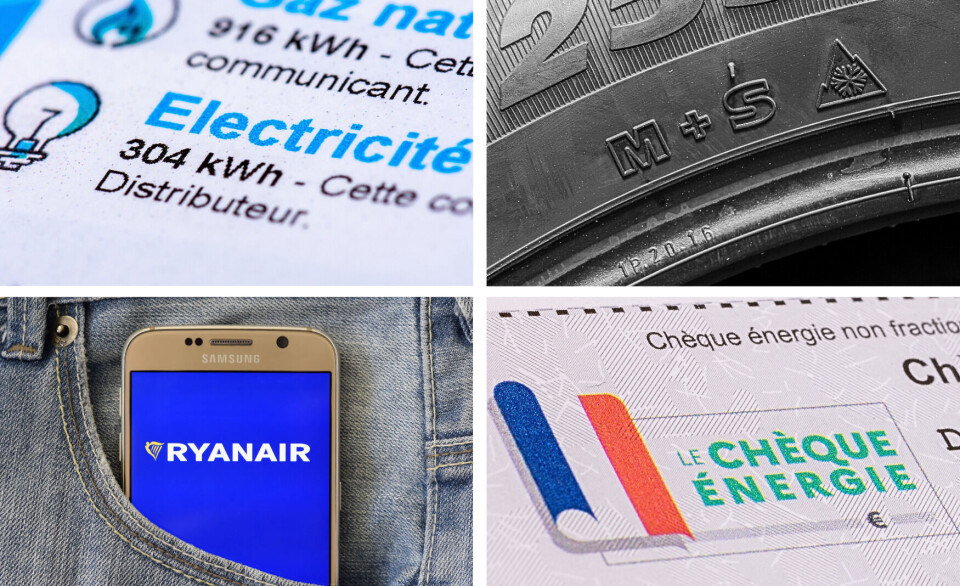What are the rules on metal detecting in France?
Focus on protecting potential archaeological finds means lack of clarity for amateurs
There are no specific laws or regulations surrounding metal detecting as a hobby
French federation of metal detectorists métaux / Richard Belleudy
Reader Question: What are the rules for metal detecting in France? Where can you do it, and can you keep what you find?
Unfortunately, the rules are complex and it can be a murky legal area.
Arguably, as there are no specific laws or regulations surrounding the practice as a hobby, it is authorised.
However, of Franceâs Heritage laws (Code du patrimoine) states you must seek permission from a prefecture if looking for artifacts that âcan be of interest to the fields of prehistory, history, art or archaeologyâ - and it can be hard to prove that you are not engaging in this, leading to potential penalties.
Searches are also banned in certain areas, without explicit permission, including:
Where there is ongoing archaeological research or near historic monuments.
A natural area protected due to sensitive flora or fauna, such as beaches classified as âNatura 2000â zones.
Near military zones or where explosives may be found (mostly battlefields from World War One and Two).
Unless you are a professional, you are unlikely to be granted authorisation.
Otherwise, searching on private property requires permission from the owner â note also that legally, everything found belongs to them.
With regard to public spaces in general it is best to check with the mairie.
Goods found can be tricky issue
In October 2024, the Fédération française de la détection de métaux (FFMD) asked the government to clarify rules surrounding the practice as a hobby, saying that this had been done in several neighbouring countries.
However, the Culture Ministry responded that rules would not be changed.
âThe objective of this authorisation system is the protection of archaeological heritage, a fragile and non-renewable resource,â it said.
This is done by âleaving to persons with the necessary scientific skills and experience the responsibility of submitting research projects and carrying out operations prescribed or authorised by the stateâ.
In practice, it is uncommon to ask formally for permission.
To be on the safe side, you can contact your local branch of the FFMD to work with other enthusiasts and ensure you are following regulations.
It provides model authorisation notices for amateur searches in both public and private property locations on its .
Situations where there is no legal ambiguity include, it says, where you sign an agreement with a landowner saying you plan to use your detector to look for lost metal items for them or to âcleanâ land of metallic items to protect farm machinery or animals, or to avoid contamination of crops.
If you accidentally find an item of historic interest during hobby use, this should be declared to the mairie.
The state can keep certain historic items for research for up to five years but then should return or purchase it.




























